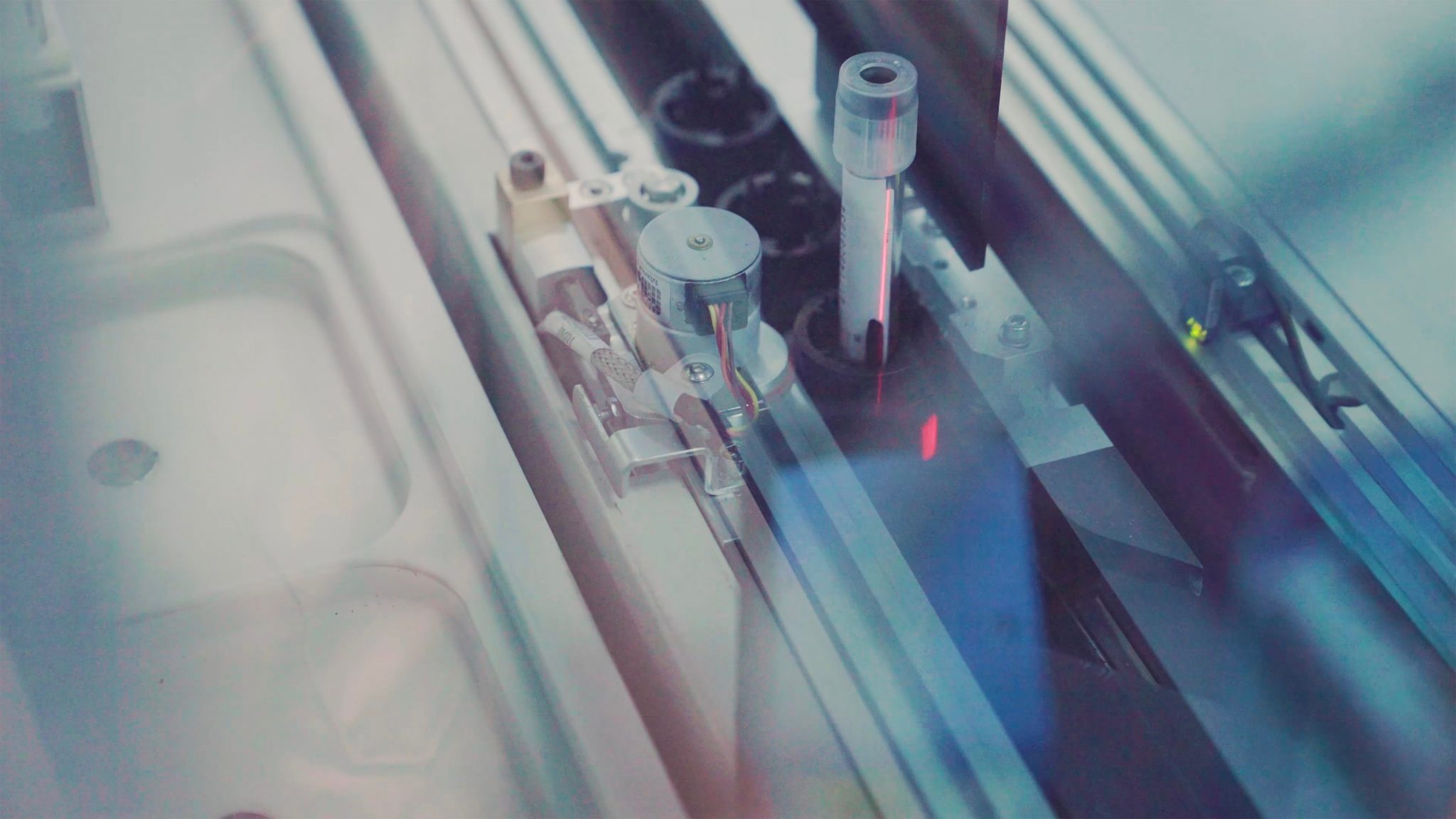Is your COVID test legit?
October 9, 2020 | Beth Crocker | Articles

Back in late March, just a few weeks after several states went into lockdown to prevent the spread of COVID 19, the FDA gave emergency approval for rapid coronavirus testing that would deliver results in less than an hour. Rapid tests present some clear benefits, among them portability, ease of use, and fast results. The introduction of an instant test seemed almost too good to be true, especially considering the test result bottleneck that many experienced in the early days of COVID.
But are these rapid tests reliable? Perhaps the conventional wisdom is correct – if it seems too good to be true, it usually is.
The spread of the novel coronavirus at the White House, the Pentagon, and several college campuses, offers a cautionary tale about the merits of rapid COVID testing. A few months after their release, New York University and Columbia University both reported that rapid tests are highly prone to false negatives. NYU suggested that these tests could be missing close to half of the positive cases. Columbia University researchers found that rapid tests identified only 74% of infectious samples. These tests lack the high sensitivity required to discover the presence of coronavirus until a person has a substantial viral load.
What does this mean?
A person can become infectious days before they register as positive on a rapid test and potentially infect others under the false assumption that they are not infected. With the need for expedient, cost-effective COVID testing urgent, the allure of inexpensive, rapid tests is apparent. That said, the combination of high false negatives and the false sense of security that a negative result offers may render these tests more dangerous than helpful.
Now for the scary part.
Rapid tests are about to be delivered en masse to countries, schools, and businesses. In partnership with at least two rapid test providers, the World Health Organization has plans to sell 120 million tests to low- and middle-income countries. One provider offers testing technology accompanied by a smartphone app that allows the user to share their test results instantly. The app “works like a secure digital ‘boarding pass’ that can be scanned to enter organizations and other places where people gather.”
Armed with a digital boarding pass, will people be lured into a false sense of security and relax other health and safety protocols?
Diagnostic laboratories continue to provide the gold standard in COVID testing, known as PCR testing (which stands for polymerase chain reaction). While these tests can take longer to process, they are far more accurate. Moreover, people tend to take more precautions while awaiting the results. One example of a testing success story is Cornell University. Martha Pollack and Michael Kotlikoff co-authored an Op-ed piece for the Washington Post, sharing their COVID-19 testing and contact tracing protocol. The university is currently testing more than 30,000 individuals per week using its own testing lab and a partnership with Cayuga Health.
Dr. Charles Mikel, Founder and Principal Scientist at Nightmaker Science, had this advice to offer regarding essential testing requirements for large groups of asymptomatic students, “It is important to have very high negative predictive value, but also high sensitivity. If a student tests negative, the university must be confident in the accuracy of that negative result. If a student is positive, they are quickly identified and can be quarantined before they spread the disease.”
With hindsight 20/20, we now know that rapid COVID tests alone are not sufficient to protect groups from spreading COVID. Put simply, rapid tests should not be considered a replacement for tried-and-true diagnostic lab testing. More importantly, a negative result should not be considered permission to waive the need for social distancing and wearing masks. While rapid tests can be a powerful tool in the arsenal to fight the pandemic, the public should be educated about their shortcomings and continue to rely on lab testing, along with the safety practices that have become commonplace during the pandemic–social distancing, contact tracing and wearing a mask.
By Beth Crocker
Beth is co-founder and CFO of Shadowbox. She has spent over three decades leading finance teams for tech companies, including Rovi Corporation (now Tivo), McAfee, CrossWorlds Software, uCast Global, and IDG Books Worldwide and provided M&A services for public companies such as Digital Realty and PriceSmart. Her track record includes two successful IPOs and over 30 M&A transactions.
Additional articles by Beth Crocker →
